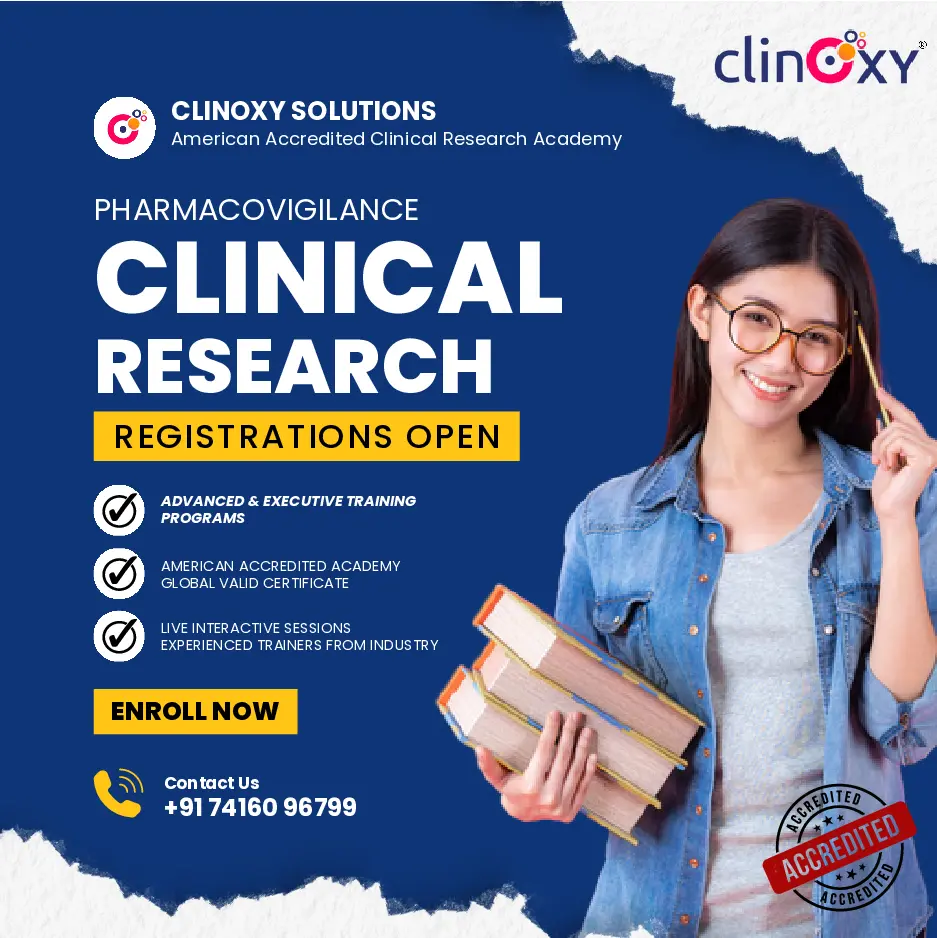Advertisement
For organizations in the pharmaceutical industry, regulatory affairs are essential for aligning products with international standards, ensuring patient safety, and supporting effective market entry strategies. A dedicated Regulatory Affairs Executive works closely with various teams to guarantee compliance with Health Authority guidelines, helping the company achieve timely global commercialization.
Job Responsibilities
An Executive in Regulatory Affairs plays a pivotal role, managing all aspects of product registration and compliance. Here’s a breakdown of the responsibilities:
- Developing Regulatory Strategies: The Executive will devise and implement regulatory strategies to streamline global product launches. These strategies are designed to align with applicable regulations, ensuring that products meet all standards before reaching the market.
- Dossier Maintenance and Submission: Updating and maintaining regulatory dossiers is crucial. The Executive is responsible for submitting Drug Master File (DMF) amendments or total updates in a standardized format to regulatory authorities. This process includes managing the technical content to reflect current information accurately.
- Product Registration and Renewal Compliance: Ensuring timely product registration and renewals is essential. The Executive oversees these processes, coordinating with internal departments to meet planned timelines and maintain ongoing compliance.
- Responding to Health Authority Queries: Effective communication with Health Authorities is essential for timely responses to inquiries. The Executive works with relevant departments to gather accurate information, preparing responses to clarify regulatory concerns.
- Gap Analysis for Dossier Compliance: Conducting gap analysis on registration dossiers is vital before submission. This ensures all documents meet government regulations, reducing delays and potential rejections.
- Staying Updated on Regulatory Guidelines: Continuous learning is necessary in regulatory affairs. The Executive keeps current with Health Authority and International Conference on Harmonisation (ICH) regulations through independent research and by attending industry conferences.
Qualifications and Skills Required
To excel in this role, candidates should have:
Advertisement
- Education: A B.Pharm or M.Pharm degree is required. Specialization in fields such as Analytical Chemistry, Formulation & Development, or Pharmaceutical Technologies is a plus.
- Experience: A minimum of 2-3 years in regulatory affairs, particularly in solid oral dosage forms, is preferred. Experience in Quality Control and R&D can further strengthen the candidate’s expertise.
Advertisement


